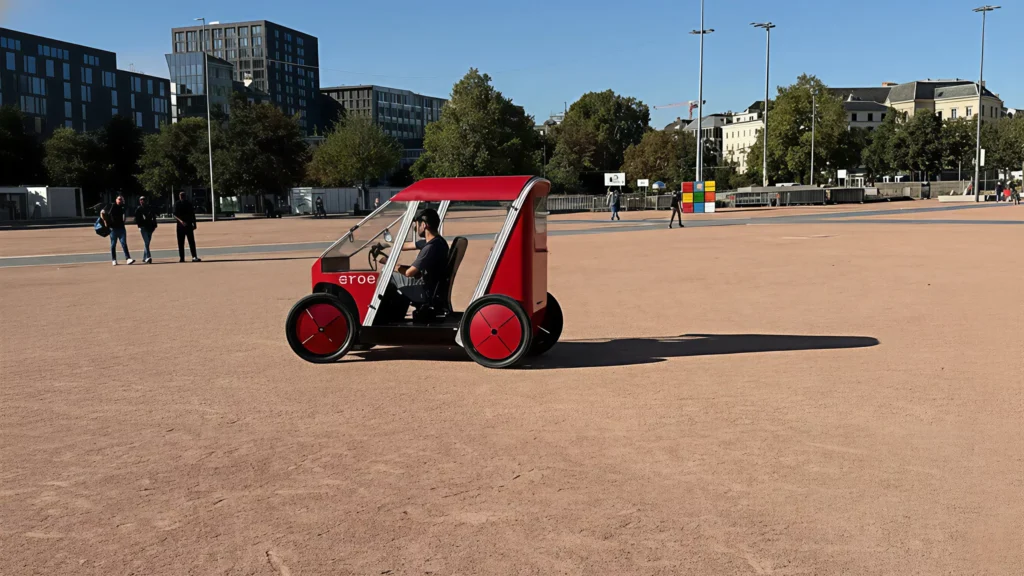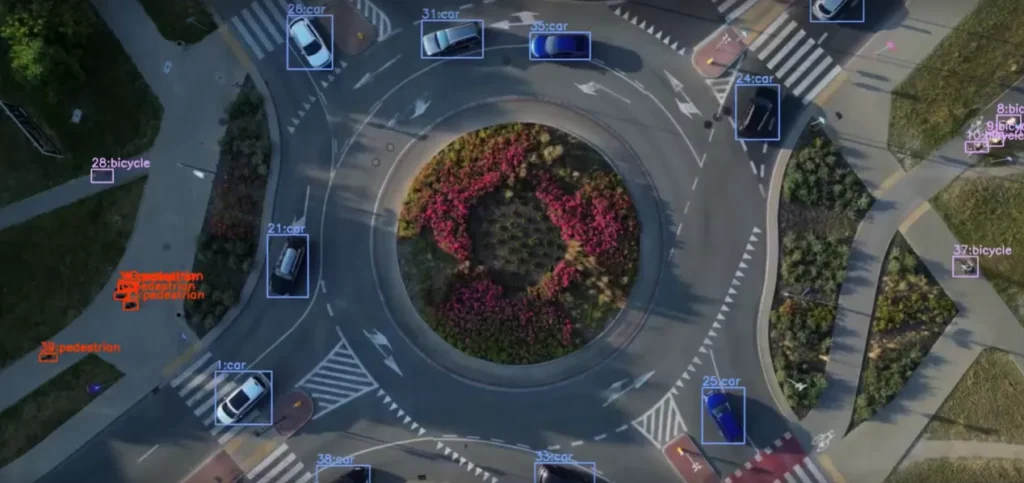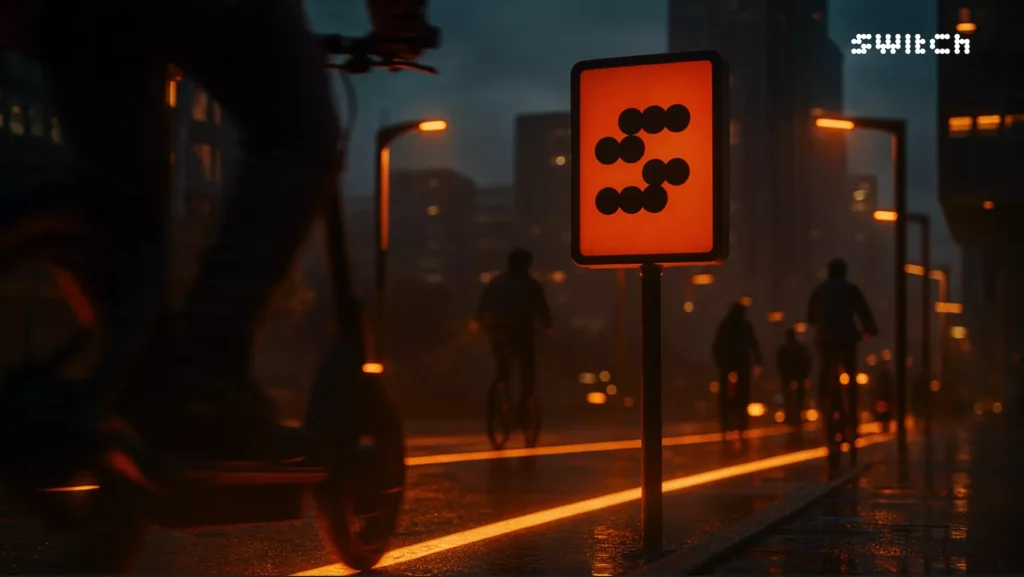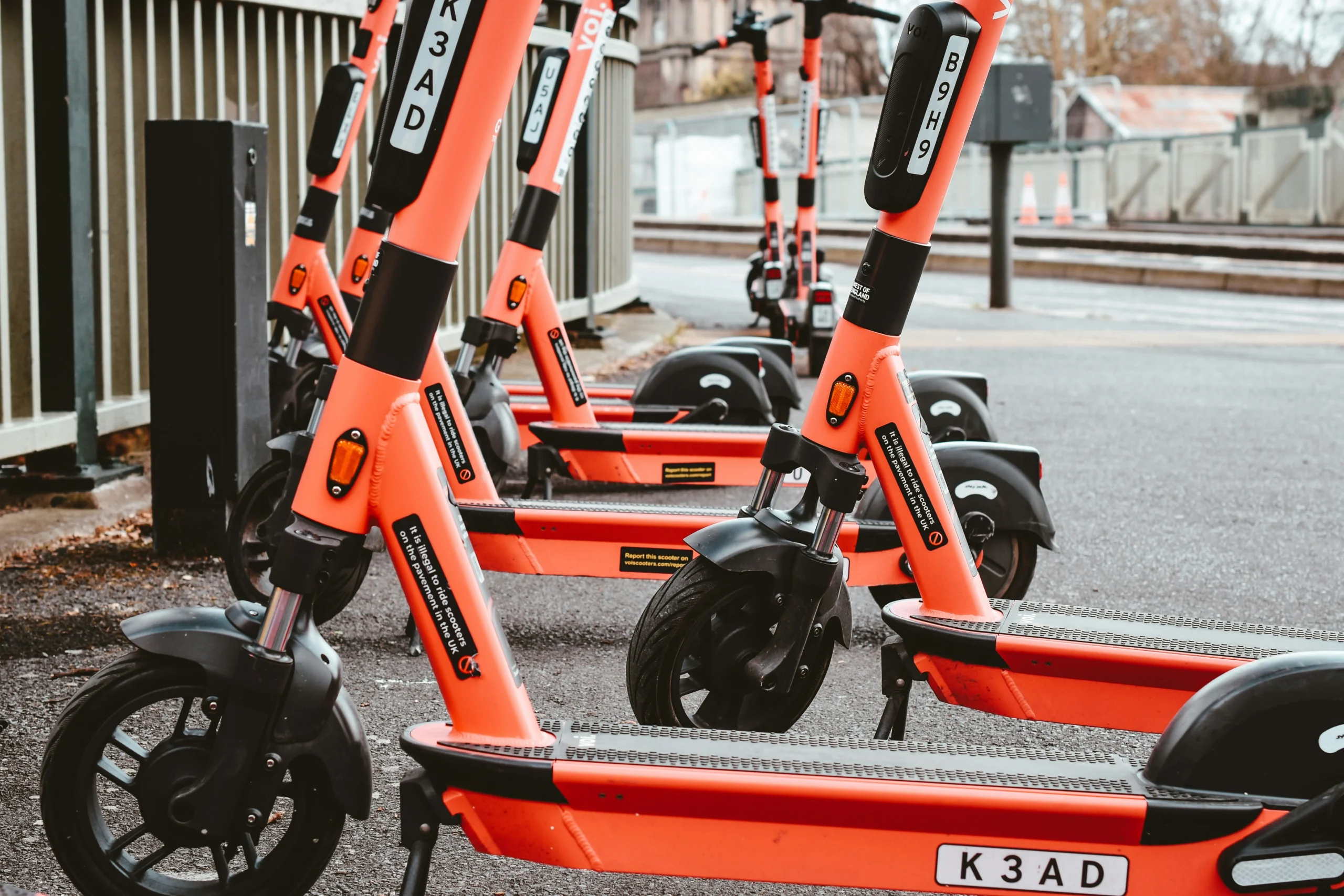






From EVs and batteries to autonomous vehicles and urban transport, we cover what actually matters. Delivered to your inbox weekly.

Spin is pulling its e-scooters out of Albuquerque for the second time, citing tough local conditions and the need to streamline operations in smaller markets. The decision removes 50 scooters from the city and leaves local officials with little notice and more questions than answers.
City leaders said they first heard about the exit through the media, not the company. That lack of coordination throws into sharp relief the challenge cities face in managing fast-moving micromobility deployments. It also highlights an emerging trend: companies tightening their footprints as growth strategies shift from land grabs to cost control.
According to Spin, the move is part of a broader push for sustainability in this sector. With fewer riders and higher overhead in smaller cities like Albuquerque, maintaining active fleets has become harder to justify. The company signaled that overlapping operators in low-density areas put pressure on service quality and long-term returns.
Spin’s framing—that fewer operators can create better outcomes in smaller markets—signals a maturing industry. Scooters are no longer a novelty. They’re a mobility layer facing the same demands cities place on other transit systems: safety, reliability, and value for public space.
This exit also echoes a larger shift. The micromobility sector is moving away from maximum coverage and toward selective presence. Operators are choosing cities where both usage and alignment with local government give them a path to long-term survival.